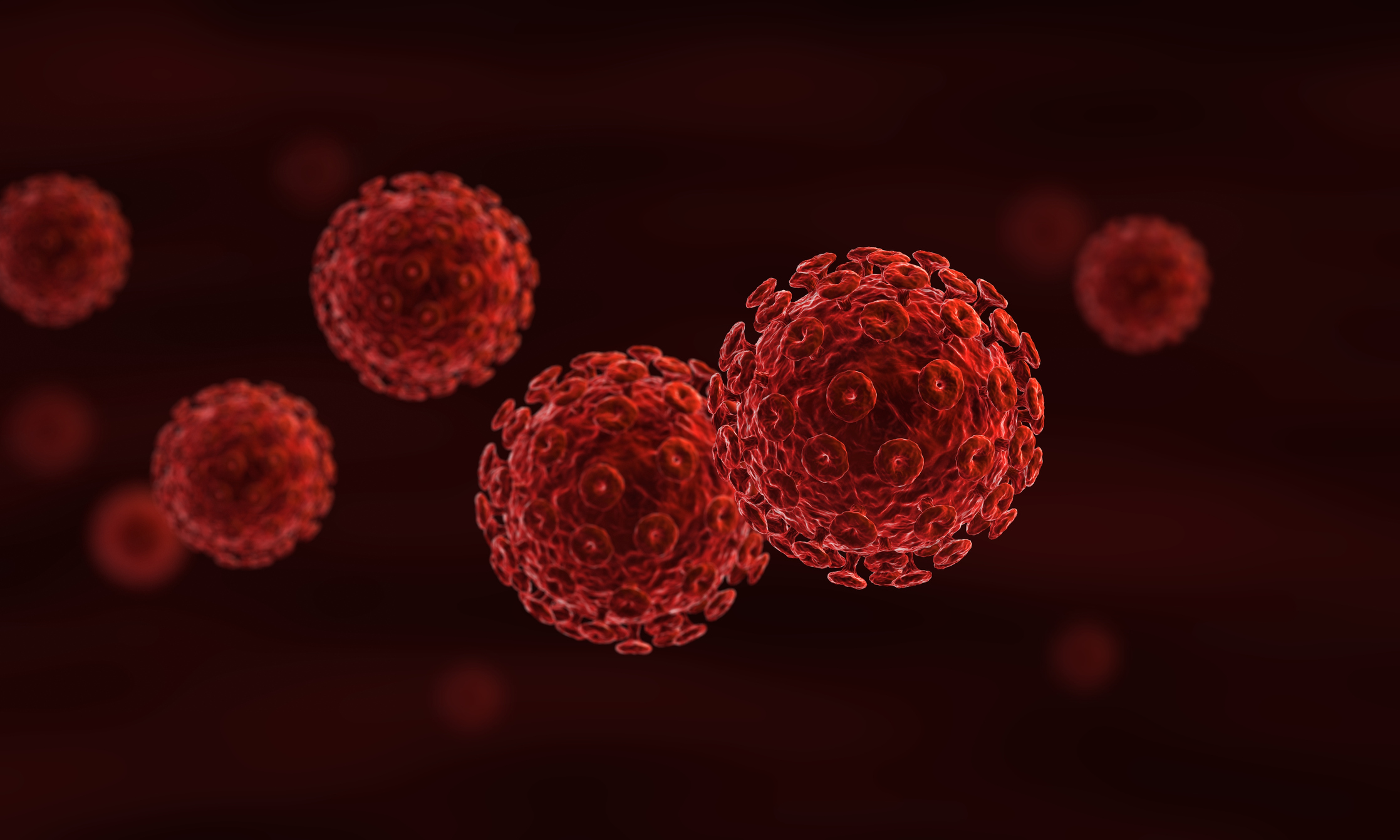Antibodies mediate pathogen neutralization, as well as several cytotoxic Fc functions by engaging cellular receptors and recruiting effector cells. Fc effector functions have been well described in disease control and protection against infectious diseases including HIV, Ebola, malaria, influenza and tuberculosis, making them attractive targets for vaccine design.
We briefly summarize the role of Fc effector functions in disease control and protection in viral, bacterial and parasitic infectious diseases. We review Fc effector function in passive immunization and vaccination, and primarily focus on strategies to elicit and modulate these functions as part of a robust vaccine strategy.
Despite their known correlation with vaccine efficacy for several diseases, only recently have seminal studies addressed how these Fc effector functions can be elicited and modulated in vaccination. However, gaps remain in assay standardization and the precise mechanisms of diverse functional assays. Furthermore, there are inherent difficulties in the translation of findings from animal models to humans, given the difference in sequence, expression and function of Fc receptors and Fc portions of antibodies. Overall, however, it is clear that vaccine development to elicit Fc effector function is an important goal for optimal prevention against infectious disease.
Targeting Fc effector function in vaccine design.


